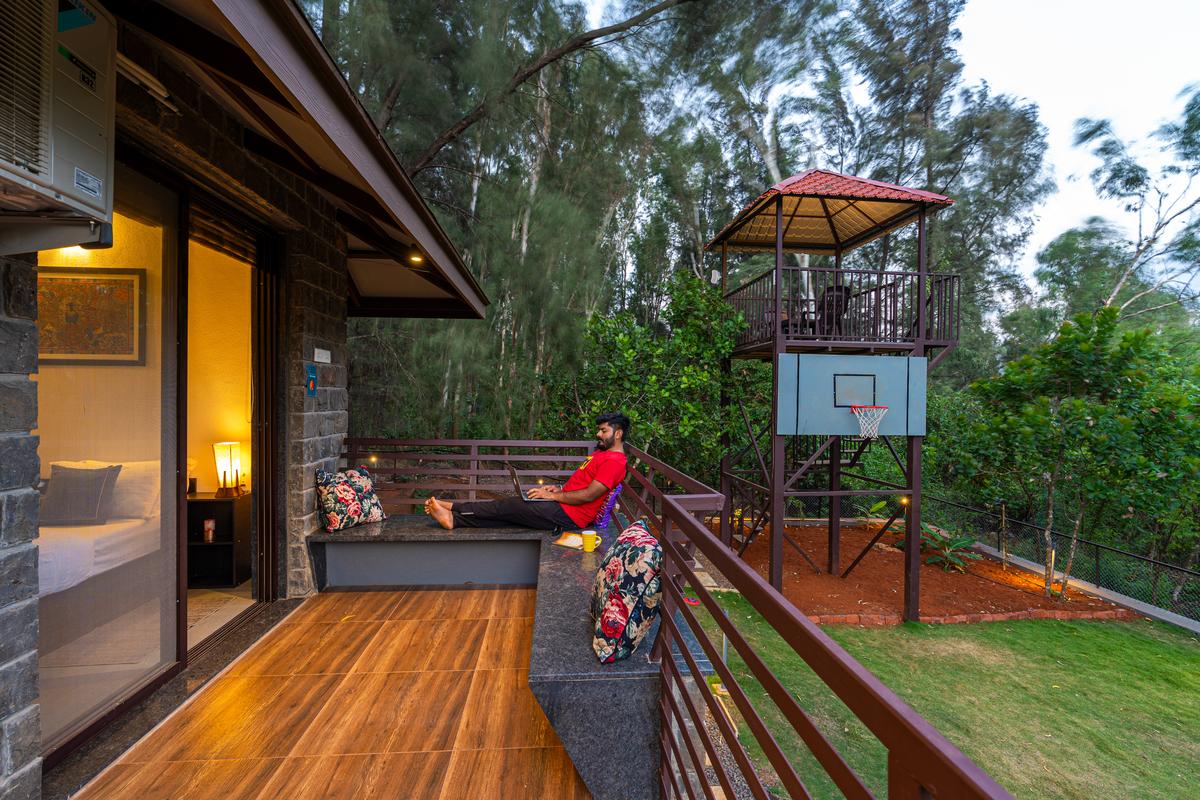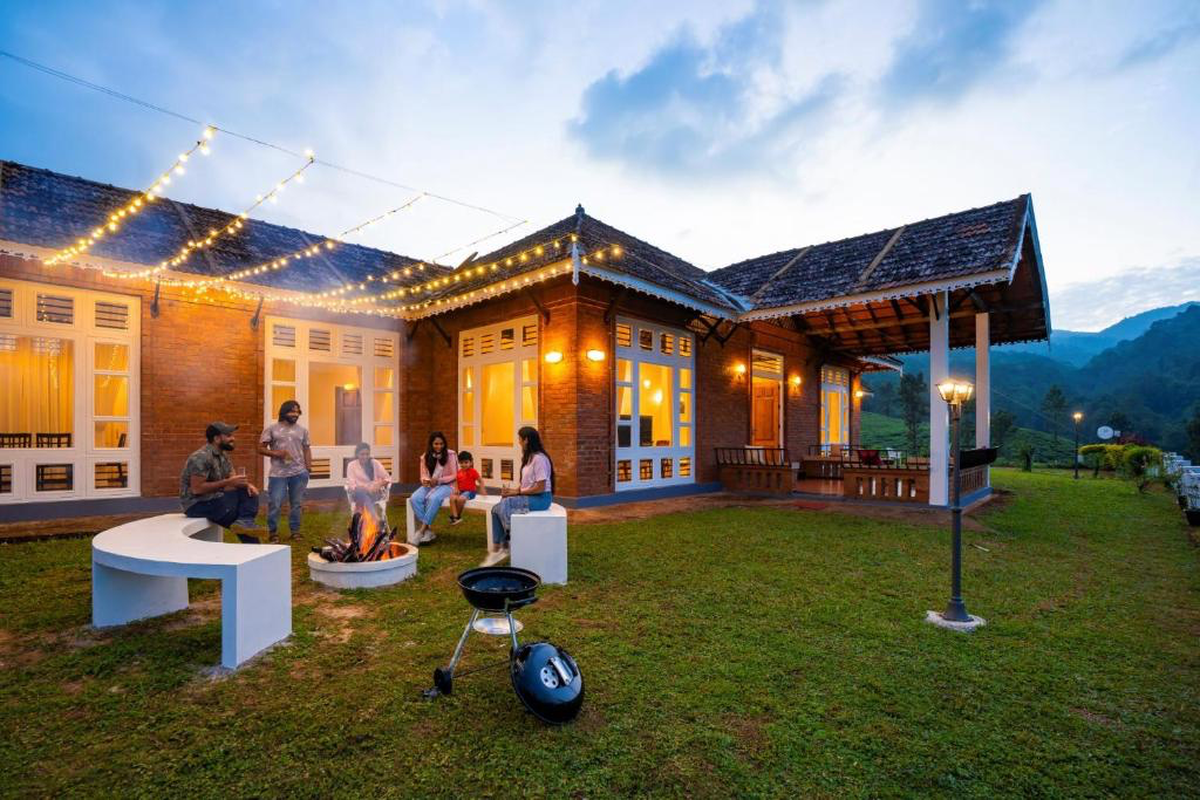
Zostel Villa Wayanad
| Photo Credit: Special Arrangement
Hostel culture and budget travel are relatively new concepts for India. They have been around only for a decade or so, but fit right into India’s appetite for getting their money’s worth. At the cusp of the boom in the travel industry in 2013, in the Blue City of India, Jodhpur, a small hostel opened that set the benchmark for travel hostels nationwide. Zostel, which is now India’s largest chain of hostels, began as a way to help the youth of the country travel wider and farther on a tight budget.
Over the years, Zostel has evolved far beyond its hostel roots, expanding into new formats to cater to different types of travellers. From Zostel Plus, their premium hostels with upgraded experiences, to Zostel Homes, curated homestays that bring guests closer to local culture, and Zo Trips, designed to offer seamless travel experiences, the brand has steadily built a full-service ecosystem. “Rather than trying to fill the gap, the goal is to be everyone’s trip partner for life. Zostel wants to be a part of your entire journey and anything that you do related to travel or an extension of it, through lifestyle design,” says Aviral Gupta, CEO, Zostel. He wants travellers to be able to design their own travel personalities based on what suits them best.

Zostel Villa Bhor
| Photo Credit:
Special Arrangement
Now in 2025, with the launch of Zostel Villas, the brand mirrors the evolution of the Indian traveller. “When people first started coming to Zostel, they were mostly youngsters, 22 or 23-years-old,” says Aviral. “Now those same people are 32 or 33, with families, partners, and better incomes. They still want to travel with Zostel, but in more premium, private settings.” As India’s middle class matures, travel has moved from budget adventure to personalised comfort. The backpackers who once bunked in Zostel dorms now seek something private where they can unwind with their friends or families without losing that sense of authenticity and community that first drew them in.
But unlike other players in the villa-rental space like Airbnb, Zostel is banking on something it is always done well — local connection. “All the hostels and homes are powered by the local community, and locals who want to host guests in their different homes and their villas,” says Aviral. Some of their most popular yet off-beat destinations are Bhor, Panchgani, Stok, Kalpa, Wayanad and Kolad. Each villa will be curated to reflect its surroundings rather than conform to a template. “Standardisation would be only to the extent of the basics. Every hostel is different from the other in terms of how they bring out the original vibe and culture of that place,” he adds. It is an extension of the Zostel philosophy — authentic, rooted, and built on real people and places, even as it gets more premium.

Zostel Villa Waynad
| Photo Credit:
Special Arrangement
The rise of Zostel Villas also reflects a broader shift in how Indians travel. As digital access deepens and disposable incomes rise, travellers are increasingly seeking experiences that go beyond accommodation. “A larger shift has come along as a natural result of digitisation,” says Aviral. “People are now looking for more on-the-go experiences and want information in real time.”
In many ways, Zostel Villas bring the brand back to where it started: with people at the centre of the journey. “The only difference is that we need different products to serve people from different demographics now,” says Aviral. As Indian travellers continue to evolve, so too does the brand that helped shape their wanderlust — from dorm beds to private pools, without ever losing sight of what made people choose Zostel in the first place.
Zostel Villas will launch in the first quarter of 2026 with its first villa in Wayanad. Cost per night will be tentatively ₹12,999.
Published – November 14, 2025 04:04 pm IST






